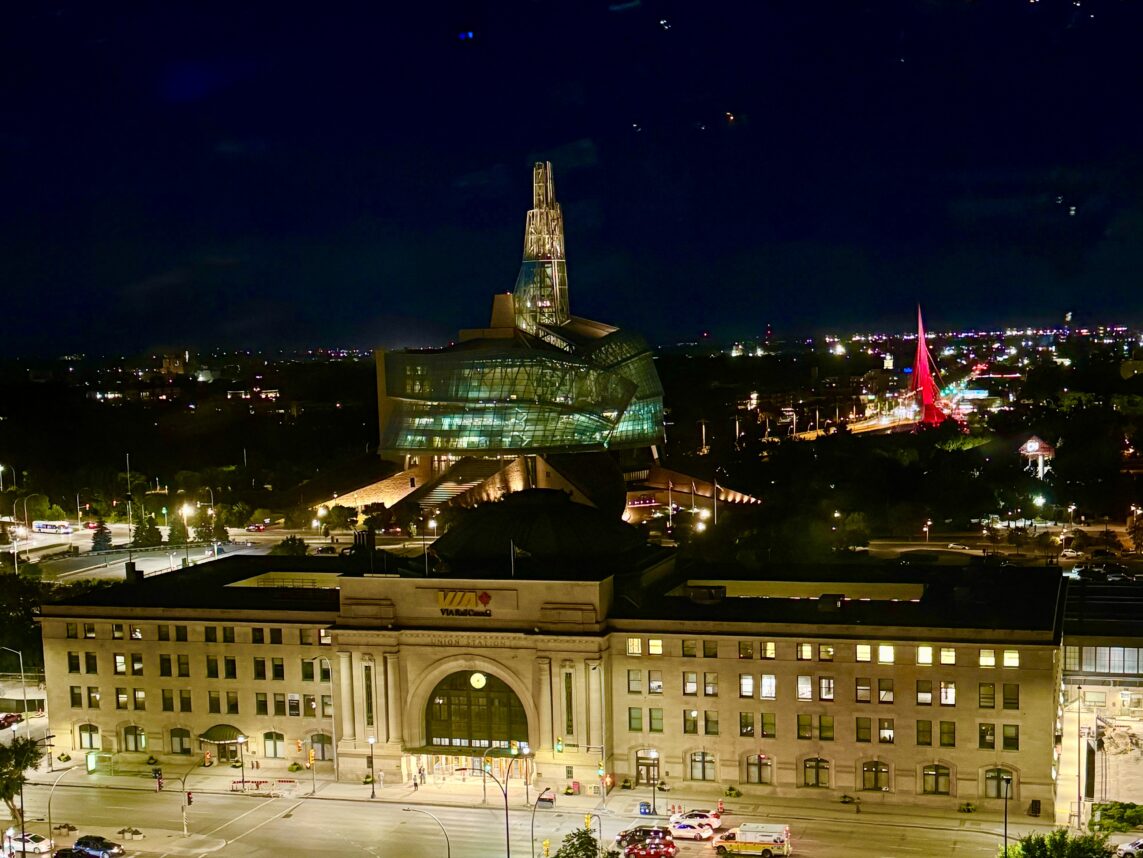On this particular Wednesday night at the Jewish Learning Exchange (JLE) in Hancock Park, a dozen adults — young professionals, middle-age homemakers and senior citizens — cluster around two tables, studiously bent over worksheets.
It’s the type of worksheet that elementary school students might do, but tonight it’s adults who are seriously concentrating on drawing lines between Hebrew words and their correct translations. They continue diligently until Rabbi Avrohom Czapnik, head of the JLE, calls on them to recite their answers. Those who give answers read the Hebrew slowly and cautiously, hesitating at the difficult words and waiting for Czapnik’s prompts.
"Careful," he instructs a gray-haired woman laboring over a word’s pronunciation. "It’s a little tricky there because of the dot in the zayin." Eventually, the woman gets its right.
In this "How to Learn Chumash" class, Czapnik’s approach is gently demanding. Everyone is required to participate, but the atmosphere is relaxed enough so that one is not afraid of giving the wrong answer or taking a while to read through the verses. It’s one in a series of beginner’s classes offered by the JLE, a Jewish educational outreach effort. There are also crash courses in Judaism, reading Hebrew, prayer book Hebrew and a "How to Learn Talmud" class.
JLE is among a number of religious adult education programs in Los Angeles that teach courses in Judaism. But unlike classes at places like Aish HaTorah in the Pico-Roberston area or Chabad, whose purpose is kiruv (the effort to make Jews more religious), JLE’s mission is to educate. While the class has inspired many Jews to become more religious, Czapnik said that’s not his primary mission. "I don’t look for notches on my belt," he said.
The courses, he said, are aimed at dispelling ignorance and enlightening people about religious Judaism in a warm, homey atmosphere. JLE eschews impersonal, large lectures or clinical classroom settings in favor of smaller classes whose participants are able to bond with the rabbi.
At JLE, Czapnik said his role is to introduce people to the "truth of Torah." He said if his students become observant, then that is an added benefit, but he really just wants them to know what religious Judaism is all about. "The aim of JLE is to help people grow on whatever level they are at," said Czapnik, who also works as a rebbe in the first grade at Yeshiva Rav Isacson in Los Angeles. "I want people to have an authentic experience."
JLE was started 20 years ago in Los Angeles by the late Rabbi Yitzchok Kirzner, who began the organization as an American offshoot of Ohr Somayach, the Jerusalem-based baal teshuvah yeshiva. It began with one class a week at Beth Jacob, but over time more classes and Shabbat services were added, and when Kirzner moved to the East Coast in 1985, Czapnik took over.
Today’s JLE is a multifaceted organization that offers a user-friendly synagogue, a tape library, home hospitality for Shabbat and festivals, and a series of classes on all levels, from beginners to advanced. The majority of JLE classes are free, the only exceptions being special lectures by guest lecturers from other cities. Currently JLE holds its classes in various community buildings, such as Young Israel of Hancock Park and the old Bais Yaakov school building on La Brea Avenue, but recently JLE put a down payment on a property on La Brea, and is currently raising the funds necessary to build a permanent home there.
"The difference between the JLE and other outreach organizations in town is really the love and caring for the individual. It is very, very personal. You are invited into a family, so to speak," said Cathy Lawrence from the Pico-Robertson area. Lawrence, who used to work in the movie industry and is now director of special projects for the Tomchei Shabbos charity, attends JLE’s "Women to Women" lecture series, which are held every Tuesday.
"My job is to plant seeds, try to water them, and hope that they grow," Czapnik said. "I just want people to be open, to try, to learn, and make an intelligent choice."






















 More news and opinions than at a Shabbat dinner, right in your inbox.
More news and opinions than at a Shabbat dinner, right in your inbox.